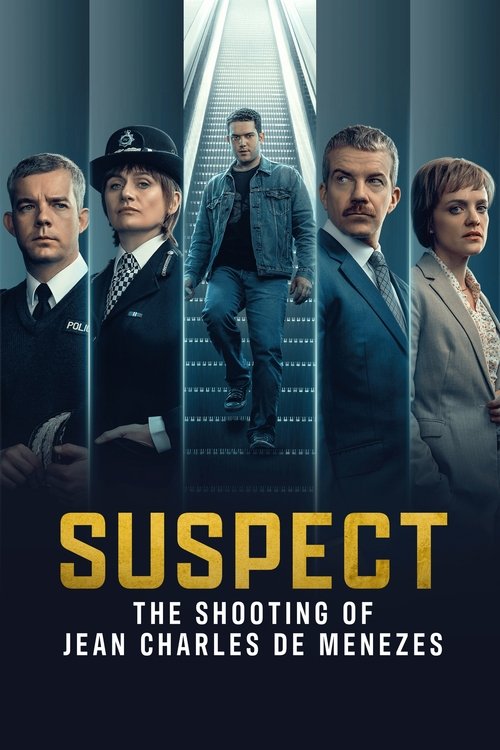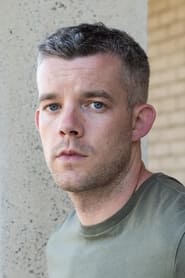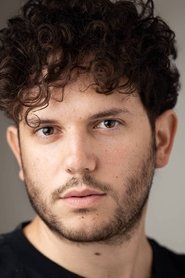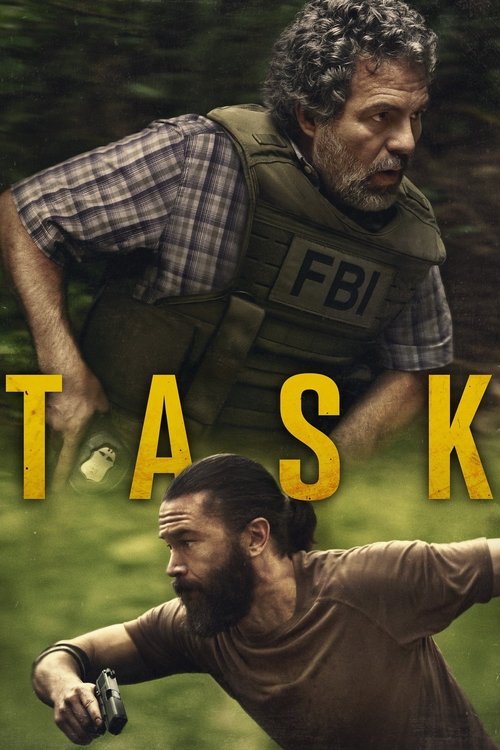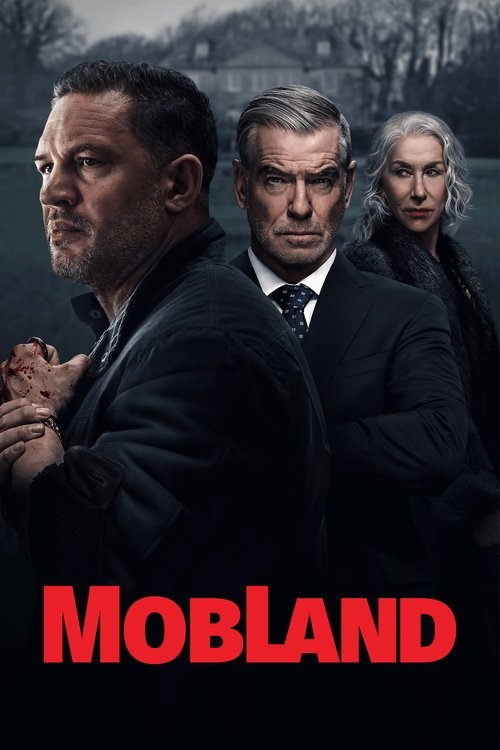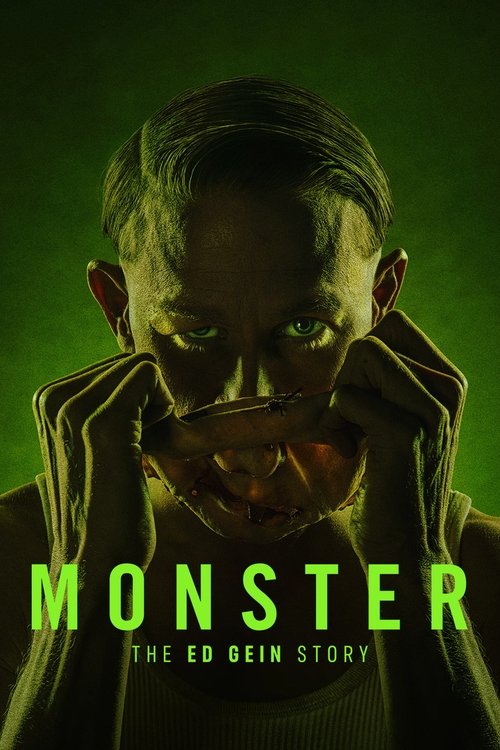
Ask Your Own Question
What is the plot?
The series begins by depicting the tense atmosphere following the failed 2005 London bombing attempts. Police intelligence identifies suspects believed to be planning further attacks, leading to heightened surveillance and operations targeting these individuals. The Metropolitan Police Service initiates a surveillance operation focused on a block of flats suspected to house terrorists, including Yasin Hassan Hussein Osman.
Jean Charles de Menezes, a Brazilian electrician, is introduced as an ordinary man living in the same block of flats. On the day of the incident, Jean leaves his home and boards public transport, including the London Underground, carrying no suspicious items and wearing a denim jacket. Police officers, however, mistakenly identify him as one of the bombing suspects due to a combination of poor-quality surveillance photos, miscommunication, and assumptions based on his residence and appearance.
The police operation escalates as armed officers from the CO19 unit are deployed to intercept the suspect at Stockwell station. The officers receive a "code red" authorization under Operation KRATOS, which permits them to shoot suspected suicide bombers without warning. As Jean enters the station, he moves calmly through the barriers using his Oyster card and boards a train. The officers, believing he is about to detonate a bomb, pursue him onto the train.
In a rapid and chaotic sequence, the armed officers confront Jean on the train. Without issuing any warning, they shoot him multiple times at close range. Jean collapses, and the officers immediately call for medical assistance and a bomb squad to check for explosives. The bomb squad confirms there are no explosives on Jean, revealing the fatal error.
Following the shooting, the police command center is informed that the suspect is dead. Senior officers, including Commander Cressida Dick and Commissioner Sir Ian Blair, begin managing the fallout. Cressida denies authorizing the use of Operation KRATOS in this instance. Ian Blair refuses to grant the Independent Police Complaints Commission (IPCC) full access to the investigation, complicating transparency efforts.
Witnesses, including a passenger named Sarah, provide statements contradicting the police narrative. Sarah describes Jean as a normal man wearing a denim jacket and reading a newspaper, disputing claims that the suspect wore a thick padded jacket or jumped barriers. The media reports and police statements initially portray the suspect as a dangerous bomber, but these accounts are challenged by eyewitness testimony.
Meanwhile, the series shows the terrorists associated with the failed bombings attempting to either escape or maintain a low profile. Sumaila and Omar, two of the suspects, are seen disposing of potential bomb materials and trying to avoid detection.
As the investigation unfolds, internal conflicts arise within the police force. Deputy Assistant Commissioner Brian Paddick and Assistant Commissioner Andy Hayman are involved in managing the operation and its aftermath. The series highlights the confusion, miscommunication, and procedural failures that led to Jean's death.
The IPCC struggles to gain access to critical information, facing resistance from senior police officials. The series portrays the mounting public and media pressure for accountability. Legal proceedings and inquiries follow, with Michael Mansfield QC representing Jean's family.
The series concludes with the police being found guilty of wrongful death, leading to significant consequences within the Metropolitan Police Service. Commissioner Ian Blair resigns amid the scandal, and the tragic shooting remains a stark example of the consequences of fear, error, and systemic failures in counterterrorism operations.
What is the ending?
The ending of Suspect: The Shooting of Jean Charles de Menezes (2025) focuses on the inquest into Jean Charles de Menezes' death, where the police officers involved maintain they gave warnings before shooting, but witnesses dispute this. The jury ultimately refuses to rule the killing unlawful, resulting in an open verdict. The Metropolitan Police are fined for health and safety breaches, but no criminal charges for unlawful killing are made, and key figures like Commander Cressida Dick continue their careers. Jean Charles' family later receive compensation from the police.
In detail, the series concludes with the inquest into the fatal shooting of Jean Charles de Menezes. The courtroom scenes open with officers known as "the Charlies" steadfastly repeating their version: they shouted "Armed Police" as a warning, and Jean Charles moved towards them in what they perceived as an intimidating manner. However, witnesses at the inquest contest these claims, denying that any such warnings were given or that Jean Charles behaved threateningly. Despite conflicting testimonies, the officers remain convinced until the end that their actions were justified.
Attention then shifts to Commander Cressida Dick, who distances herself from responsibility for ordering Operation KRATOS, the shoot-to-kill policy under which the shooting occurred. A critical detail emerges about the absence of Osman's wedding photo, which if provided to the officers, might have prevented the tragic mistake. However, this photo was not available at the time, and Cressida insists she did not know about it.
The judge instructs the jury that they cannot return a verdict of unlawful killing, frustrating many present. The jury is limited to deciding between lawful killing or an open verdict. After deliberations lasting several years--specifically three years and five months after the incident--the jury returns a majority vote for an open verdict in December 2008.
The jury explicitly rejects the officers' statements about issuing warnings or Jean Charles' alleged intimidating movements. The Metropolitan Police are judged liable only for breaches of health and safety law and fined £175,000. Despite the controversy, Commander Cressida Dick's career advances; she becomes Metropolitan Police Commissioner in 2017 and is later made a Dame before retiring in 2022. Deputy Assistant Commissioner Brian Paddick resigns in 2007 but stands by his testimony. The Independent Police Complaints Commission (IPCC) confirms that the CCTV footage was not tampered with and recommends safety improvements. Ian Blair, who served as commissioner during the shooting, is cleared of prior knowledge of Jean's identity and retires in 2008, later becoming a Life Peer in the House of Lords. In November 2009, Jean Charles de Menezes' family accepts an undisclosed compensation settlement from the Metropolitan Police.
This final sequence unfolds with courtroom tension, witness testimonies, and official statements, painting a detailed and procedural picture of the aftermath rather than a neat resolution. The narrative closes on a somber note, emphasizing the unresolved questions about responsibility and justice, as well as the personal and institutional ramifications following the tragic event.
Who dies?
In the TV show "Suspect: The Shooting of Jean Charles de Menezes" produced in 2025, the character Jean Charles de Menezes dies. He is a 27-year-old Brazilian electrician who is mistakenly identified as a terrorist suspect. The circumstances of his death are as follows:
- Why: Jean Charles was mistakenly believed to be involved in a terrorist attack, leading to a police operation under Operation Kratos, which aims to deal with suspected suicide bombers.
- When: The incident occurred on July 22, 2005, at Stockwell Underground Station in London.
- How: Jean Charles was shot seven times in the head by police officers at point-blank range. The officers claimed they had identified him as a threat, but witnesses disputed that they had given him any warning or chance to comply. The show dramatizes the event, highlighting the tragic misunderstanding and the subsequent realization that he was innocent.
Is there a post-credit scene?
The TV miniseries Suspect: The Shooting of Jean Charles de Menezes (2025) does not have a post-credit scene. The series ends with a detailed depiction of the aftermath of the shooting, focusing on the police officers' attempts to cover up the incident and the questioning of witnesses who deny the officers' claims, but no additional scene appears after the credits.
The final episode shows Commander Cressida Dick stepping down, the CO19 officers fabricating their version of events, and the exposure of their lies through witness testimonies, concluding the narrative without any extra post-credit content.
What key events lead to the fatal shooting of Jean Charles de Menezes in the series?
The series reconstructs the tragic sequence following the failed Islamist bombing attempts in London in July 2005, focusing on police operations including Operation KRATOS, which authorized shooting suspected suicide bombers without warning. Jean Charles is misidentified as a suspect, leading to his shooting at Stockwell underground station amid confusion and high tension after the July 7 bombings and a subsequent failed attack on July 21.
How does the series portray the police officers involved in the shooting?
The series includes dramatic reconstructions and interviews, showing the police officers, including the CO19 armed unit, in a state of shock after the shooting. It depicts senior officers debating the authorization of Operation KRATOS and the reluctance to grant the IPCC full access to the investigation. The officers believed they were acting on a 'code red' to stop a bomber, highlighting the intense pressure and confusion they faced.
What role do witnesses play in the story as depicted in the series?
Witnesses, such as a passenger named Sarah, provide testimony that Jean Charles appeared like any normal man, wearing a denim jacket and reading a newspaper, contradicting police claims that the suspect wore a thick padded jacket and jumped barriers. Their accounts challenge the official narrative and emphasize the innocence of Jean Charles.
How does the series incorporate the perspective of Jean Charles de Menezes' family?
The filmmakers worked closely with the De Menezes family, gaining their approval and involving them in the storytelling process. This collaboration adds authenticity and emotional depth to the portrayal of Jean Charles, emphasizing the personal tragedy behind the public incident.
What investigative or procedural issues does the series highlight regarding the shooting?
The series highlights failures in police communication, identification, and decision-making, such as inaccurate photographic intelligence, poor communication between surveillance and command teams, and the inability to stop Jean Charles before he reached public transport. It also shows the reluctance of senior officers to allow independent investigation access, reflecting systemic issues in the handling of the case.
Is this family friendly?
The TV show Suspect: The Shooting of Jean Charles de Menezes (2025) is a British drama about the real-life police shooting of an innocent man mistaken for a terror suspect in London. It is produced by Disney+ and deals with serious and intense subject matter, including police actions, terrorism aftermath, and the impact on the victim's family.
Regarding family friendliness, this series is not suitable for children or sensitive viewers due to its mature themes and potentially distressing content. Some factors include:
- Depiction of a fatal police shooting of an innocent man--this is central to the story and may be upsetting.
- The series covers the fallout from terrorist attacks and includes police pursuit and surveillance operations under high tension.
- Mention of flashing lights sequences which may affect photosensitive viewers.
No explicit plot spoilers will be revealed, but parents and sensitive viewers should be aware that the show contains dramatic and emotional scenes involving death, grief, and police violence, which make it unsuitable for a family or young audience.
In summary, Suspect is a mature, hard-hitting drama appropriate for adult viewers interested in true crime and social justice themes but not family friendly or recommended for children or sensitive people.

